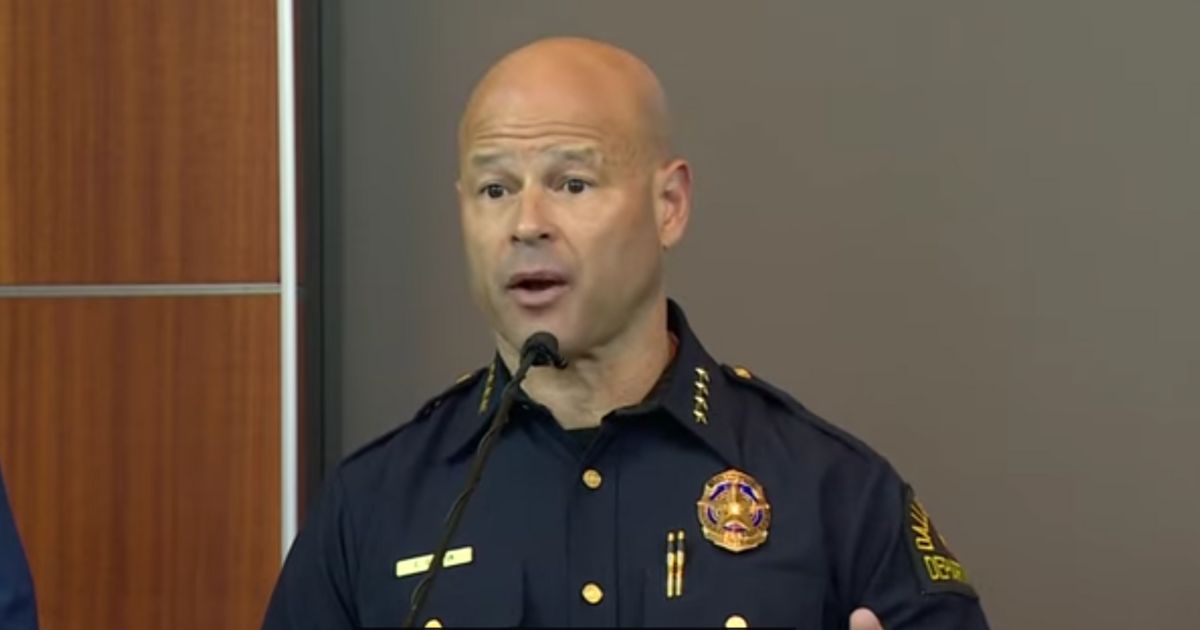New York Dem Proposes Climate Change Bill Allowing Citizens To Sue Big Oil Companies
New Yorkers may have the chance to sue big oil companies and other fossil fuel producers under new climate change legislation proposed by a Brooklyn Democrat, which emulates a Texas law against abortion providers.
State Sen. Zellnor Myrie (D-Brooklyn) introduced the legislation last week that would target fossil fuel companies with annual revenues over $1 billion demonstrating “negligence” while “storing, transporting, refining, importing, exporting, producing, manufacturing” products such as petroleum and natural gas.
“The effects of climate change in New York — especially in communities like mine — are undeniable,” Myrie told local media. “We are quickly running out of time to reverse this climate emergency, and my legislation gives ordinary New Yorkers a chance to hold bad actors in the fossil fuel industry accountable for decades of negligence and denial.”
Noted in the legislation, as reported by the New York Post, U.S.-based companies like ExxonMobile, Chevron, and 90 other foreign and domestic enterprises allegedly produce 63% of carbon dioxide and methane emissions into the atmosphere.
“The costs of inaction are so high — more homes destroyed by worsening floods, more lives ruined by chronic asthma and extreme heat that threatens us all. It’s time for regular New Yorkers to say enough is enough,” Myrie told the Post.
Myrie proposed the bill after a 2021 Texas law, which local media reported allows any person to make civil claims for damages against abortion providers or anyone who assists with a woman obtaining an abortion after a pregnancy enters its sixth week.
He said the concept could “save our planet and protect our lives.”
However, Ken Pokalsky, vice president of the Business Council of New York, told the Post the law would benefit lawyers as it’s “designed for class action suits.”
Pokalsky said it would unfairly punish companies despite a state climate law that requires the state to reduce 85% of greenhouse gas emissions by 2050 while New York adopts more renewable energy sources like wind and solar.
“We’re not going to eliminate the use [of fossil fuel] anytime in the immediate future. We’re dependent on it — but you’re gonna say the person who provides this essential product is going to be financially liable for it?” Pokalsky said. “What’s the logic of that?”
Ryan McCall of Tully Rinckey, a national law firm, told the New York Post that the law could put courts in a vulnerable position when personal problems are caused by pollution with alleged negligence of the fossil fuel companies.
“It’s going to be similar, in my opinion, to any other personal injury action, where we’re gonna need to get medical experts that are going to be able to say, as a result of this specific emission, that this type of injury happened to you,” McCall said. “You would begin to see a flood of litigation when it comes to these types of environmental cases like we haven’t seen before.”
McCall added the bill could face formidable challenges from companies that object to state lawmakers dictating what they do within their company despite “plausible ways to make polluters pay for demonstrable damage caused by their use of fossil fuels.”
“I definitely think you’re going to see federal challenges come into this bill. I think that’s going to be highly likely, but I do definitely think this bill has a lot of merit when it comes to allowing private actors to bring litigation,” he said.
Myrie, however, told local media that the fossil fuel industry “will be held accountable for the damage” caused to New York’s environment.
If lawmakers pass the legislation, the bill will advance to the desk of Governor Kathy Hochul, who supports the state’s move toward a so-called green economy.
" Conservative News Daily does not always share or support the views and opinions expressed here; they are just those of the writer."




